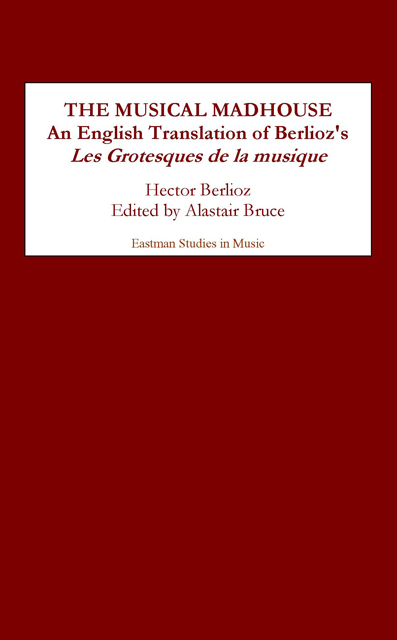Conductors
Published online by Cambridge University Press: 21 March 2023
Summary
A famous conductor, rehearsing a new overture, was asked by the composer to play an important passage softly. “Play softly, Monsieur?” he replied. “What academic poppycock!”
… … … … … … … … … …
I’ve come across another who thought he could conduct eighty players all sitting with their backs to him.
… … … … … … … … … …
A third conducted with his head down and his nose touching the score, so that he had no more idea what the players were doing than if he had been conducting the Paris Opéra orchestra from London.
Once when he was “directing” a rehearsal of Beethoven’s Seventh Symphony, the whole orchestra got lost; the ensemble collapsed and an appalling racket ensued, so the orchestra stopped. He went on regardless, waving the baton with which he thought he was marking the tempo above his head, until eventually repeated cries of “Hey, Maestro! Stop, stop, we’ve lost you!” brought his indefatigable arm to a halt. He looked up and asked with an air of surprise, “What is it? What’s the matter?”
“We don’t know where we are, the last few minutes have been chaos.”
“Oh, I see.”
He hadn’t noticed.
This worthy fellow—and the one before, too—enjoyed the special confidence of a king, who showered him with honours. In his own country he’s still thought of, among amateurs, as one of music’s great ornaments. When he’s so described in front of real musicians, only the sycophants among them manage to keep a straight face.
- Type
- Chapter
- Information
- The Musical MadhouseAn English Translation of Berlioz's <i>Les Grotesques de la musique</i>, pp. 21 - 22Publisher: Boydell & BrewerPrint publication year: 2003

